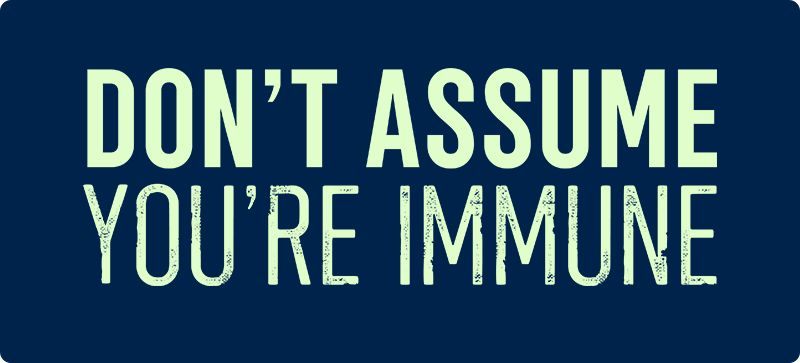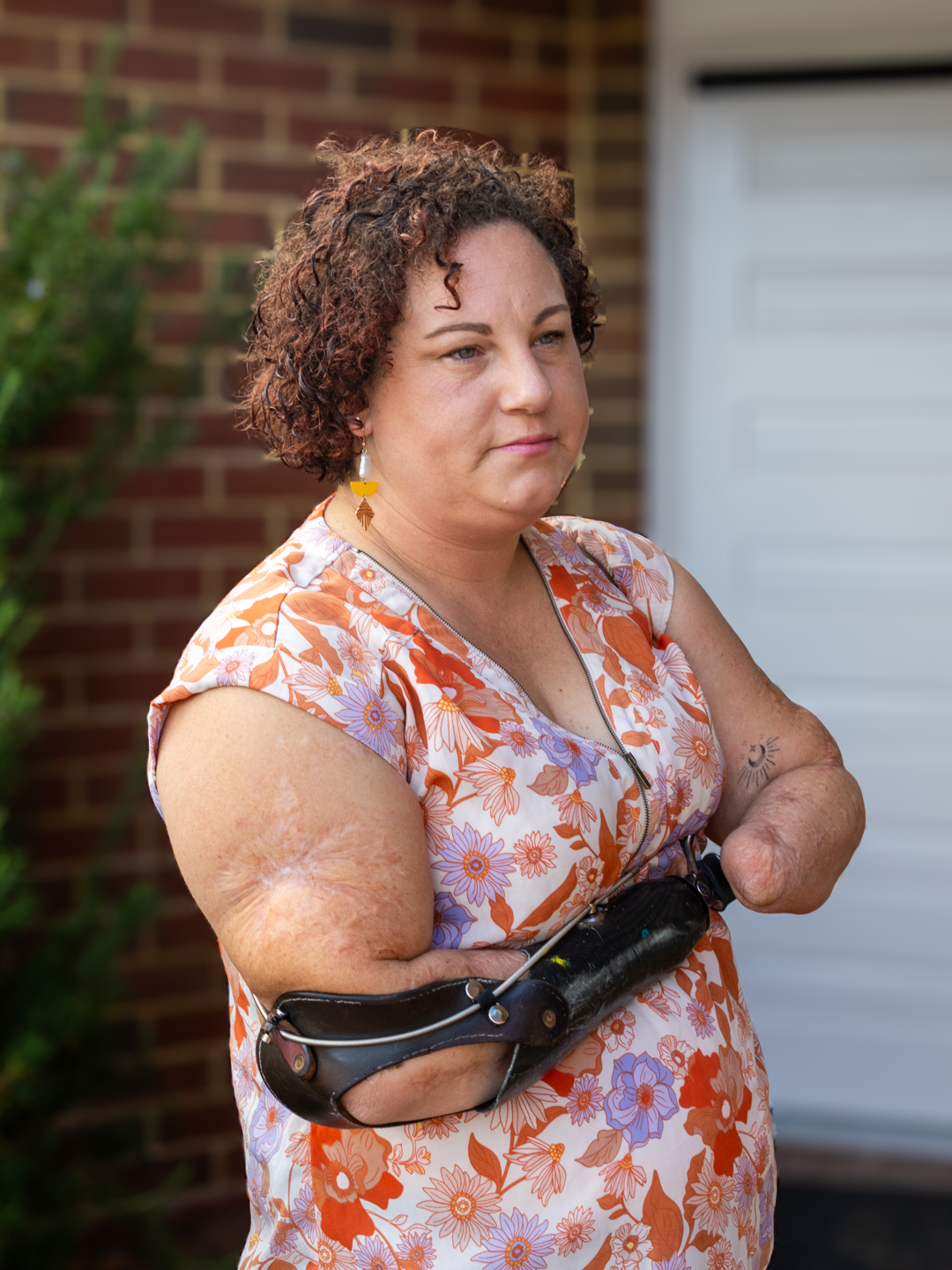

Meningococcal is an uncommon, but sometimes life-threatening disease that can progress rapidly.
The disease is a result of a bacterial infection of the blood and/or the membranes that line the spinal cord and brain.
Meningococcal bacteria are spread by respiratory secretions (coughing, sneezing or kissing), but are not easily spread by sharing food or drinks. The bacteria do not survive more than a few seconds in the environment, so cannot be picked up from surfaces or objects (for example, a table or pillow) that have been contaminated by the infected person’s respiratory secretions.
There are 13 known different types of meningococcal serogroups (strains) with varying symptoms.
Men W is the most severe, though symptoms do not always present the same. People may also experience different symptoms. For example, some people may get septic arthritis or severe upper respiratory tract infections such as pneumonia or gastrointestinal symptoms.
Symptoms in babies include:
Symptoms in older children and adults include:
Sometimes, these symptoms may be accompanied by the appearance of a spotty red-purple rash that looks like small bleeding points beneath the skin or bruises. It is important to get this type of rash checked by your doctor promptly.
All meningococcal disease can be severe, but most people make a full recovery. However, about 10 per cent of cases suffer a long-term disability (e.g. loss of a limb, neurological damage). In very rare cases, if left untreated, meningococcal infection can result in death.
Vaccination is a safe and effective way to protect from meningococcal disease. Several vaccines against meningococcal disease are available in WA.
In WA the MenACWY vaccine is offered free for all children at 12 months of age. It is also free for Aboriginal children, adolescents and those with certain medical risk conditions.
These vaccinations are part of scheduled childhood vaccinations and the adolescent Immunisation Program. For more information on eligibility for the funded vaccines, refer to Immunisation programs and schedules or speak to a health professional.
If you are not eligible for a funded vaccine, the Men ACWY vaccine is also available privately, speak to your immunisation provider for more information. Fees apply.
Aboriginal children and those with medical risk conditions can get the MenB vaccine for free. Refer to the immunisation programs and schedules or speak to a health professional if you think your child is eligible.
The MenB vaccine is also available privately, speak to your immunisation provider for more information. Fees apply.
For more information refer to the Immunisation programs and schedules or speak to a health professional.
The number of doses of meningococcal vaccination depends on the type of meningococcal vaccine and the individual’s age and health conditions.
Generally, the meningococcal vaccine is administered as follows:
For more information refer to the Immunisation programs and schedules or speak to a health professional.
The timing for receiving the meningococcal vaccine is based on guidelines and individual risk factors:
Generally, the meningococcal vaccine is administered in:
It is recommended you consult with a GP or healthcare provider to determine the timing and frequency of the meningococcal vaccination based on your specific health needs.

Find more information about meningococcal, including where to get vaccinated in WA below.
Melissa was like any other 17-year-old when she developed meningococcal septicaemia in 2005 resulting in the amputation of her limbs.
Melissa found herself in what can only be described as someone’s worst nightmare.

“I was working in a childcare centre and developed flu-like symptoms, so I was sent home to rest,” she said.
“I went from having relatively mild symptoms – a sore throat, body aches and feeling generally unwell – to being unable to walk in just a matter of hours.
“By 1am, my legs were covered in purple blotches which were the size of a 50cent coin.
“I knew straight away that it was meningococcal disease.”
Recognising the seriousness of the situation and the urgency for treatment, Melissa’s parents Phil and Julie raced her to the nearest hospital.
By the time she arrived around 15 minutes later, her entire back was covered in the purple rash.
Melissa was then placed in an induced coma for five days to allow her body to rest while she continued to receive life-saving treatments.
She then developed septicaemia and her hands and feet were turning black.
“Right before I was put in the coma, I remember looking at my parents and telling them I didn’t want to die,” she said.
“My body swelled to twice the size due to all the fluids being pumped into me to flush everything out as my kidneys failed and I needed dialysis.”
While Melissa was in an induced coma, her parents were told to prepare for worst as her condition was deteriorating.
“They were told if I survived, I could have brain damage as I was getting sick so quickly and wasn’t getting enough oxygen,” she said.
“When they woke me up from up the coma, I was frustrated because I had the breathing tube down my throat and couldn’t talk.
“But when they removed it, I was able to recognise and talk to a few people.”
It became clear Melissa was in the fight of her life and over the following fortnight, she was told the devastating news that both her hands and feet would need to be amputated.
“The doctor gave me a choice as to which procedure they did first, and I chose my feet.
“I think the medical staff recognised that I had no control over any aspect of my life at that stage, so it was important to let me make that decision.”
Melissa spent nine months in hospital before moving to rehabilitation at Shenton Park where she stayed for a further five months.
“The staff helped me get used to my prosthetic legs, a body-powered hook for my left and right arms.
“The specially made hooks meant I could finally write again for the first time in several months and they were the key to regaining my independence.”
Over the years Melissa has endured multiple surgeries, skin grafts and painful infections such as cellulitis, a bacterial infection of the skin.
She has a ‘cup half full’ approach to life.
The mother of two, Melissa works as a support worker, as well as sharing her story at schools and hospitals.
“My faith, stubbornness and desire for independence have got me through some very tough times,” she said.
“My situation has afforded me the opportunity to spread the word about the importance of vaccination while being a light in other people’s lives.
“I value the connection I can make with others and always see their potential.”